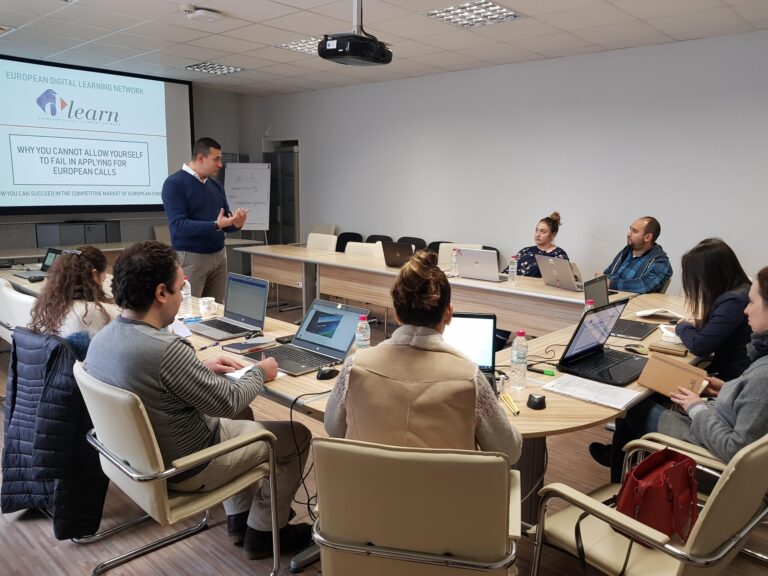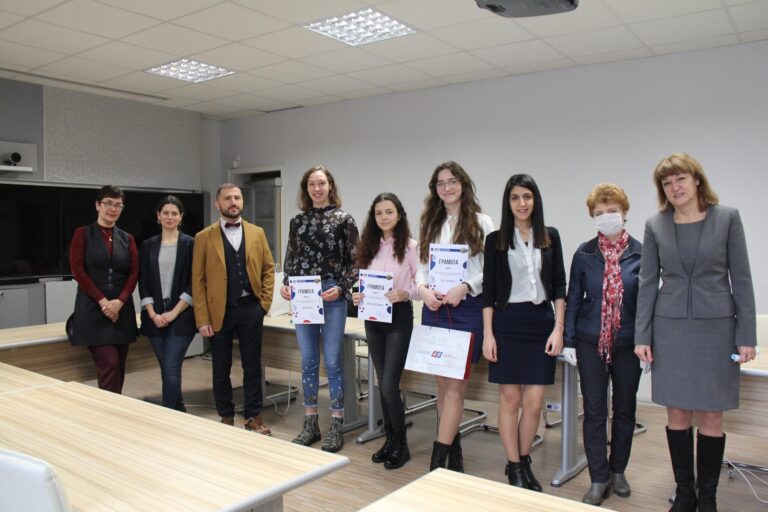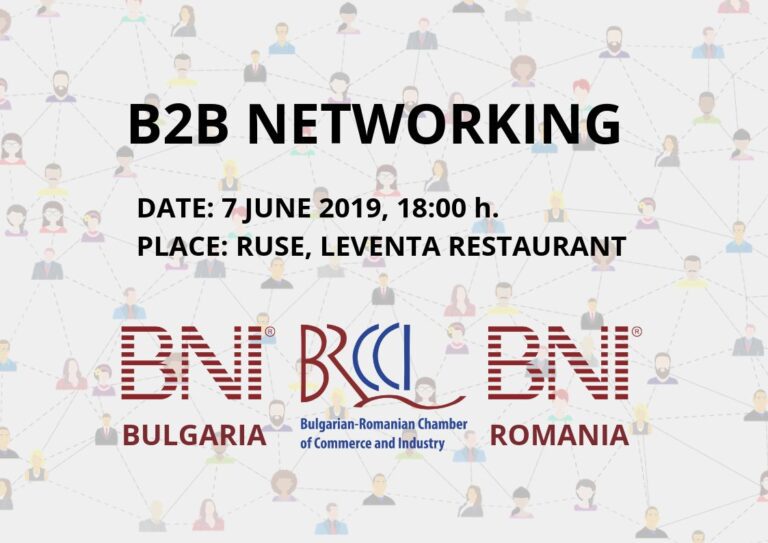Green technologies: Improving the efficiency and sustainability of SMEs
Rousse, a region with a rich industrial tradition and strategic location, is an area with a huge potential for the application of green technologies. This approach is particularly relevant for small and medium-sized enterprises (SMEs) that strive for greater efficiency and sustainability. Let's look at some of the opportunities that green technologies offer in this context:
Optimization of energy efficiency
Green technologies are becoming a key factor for small and medium-sized enterprises (SMEs) in Ruse in the field of energy efficiency. Looking at the specific possibilities, we encounter the following aspects:
- Equipment upgrade: Many companies in Ruse use old and inefficient equipment. By upgrading with new and more efficient machines and technologies, SMEs can reduce energy consumption by up to 30-40%. This is particularly important for companies in the chemical industry and the fuel trade, where energy costs can form a significant proportion of total costs.
- Renewable energy sources: Ruse, with its geographical location, offers opportunities for the use of renewable energy sources such as solar and wind energy. SMEs can install solar panels or wind turbines to reduce their dependence on traditional energy sources. This will not only contribute to cost reduction, but also improve the environmental footprint of companies.
- Power consumption management: Modern energy management systems allow companies to monitor and optimize energy consumption in real time. This can be extremely useful for companies in the field of wholesale trade, where consumption dynamics can vary greatly. Through smart management, SMEs can adapt their operations to achieve maximum efficiency.
The optimization of energy efficiency through green technologies represents a significant potential for SMEs in Ruse. By combining equipment modernization, renewable energy sources and intelligent energy management, companies can achieve not only lower costs, but also higher competitiveness in the long term. This approach also helps create a more sustainable and environmentally responsible region by becoming part of the global strategy for sustainable development.
Sustainable production
In the industrial sector of Ruse, which forms a significant part of the region's economy, green technologies are widely used. Looking in detail at some of the key sectors, we see the following opportunities:
- Energy saving and material recycling: The introduction of energy-saving technologies can reduce energy consumption in machine plants, where electricity is often a significant expense. Combining this with the use of recycled materials in production processes can not only reduce costs, but also improve the environmental footprint of businesses. These strategies combine sustainability and economic efficiency, contributing to greener production.
- Green materials and sustainable sourcing: Using biodegradable and recyclable materials in the production of auto parts can reduce harmful emissions and waste. This approach is complemented by creating sustainable supply chains by working with suppliers who share a commitment to sustainability. This integrated approach can have a positive impact on the entire sector by supporting the creation of a more responsible and green business model in the automotive industry.
- Clean manufacturing processes and safety and health: The implementation of clean technologies in the production of chemical products can not only reduce harmful emissions and waste, contributing to a healthier environment, but also involves improved management of chemical risks. This integrated approach protects the health and safety of workers, thus ensuring more responsible and sustainable production. He supports the vision of a greener chemical industry in Ruse, which is in harmony with the environmental and social goals of the region.
Green transport and logistics
Green technologies offer exciting opportunities to reform the transport and logistics industry in Ruse, where the sector occupies a significant share in the fabric of the local economy. Some specific ways SMEs can innovate include:
- Use of alternative fuels: Producers of solid, liquid and gaseous fuels in the region can focus their efforts on research and development of biofuels, hydrogen and other alternative energy sources that reduce the carbon footprint.
- Electric vehicles: The introduction of electric buses, trucks and delivery drones could accelerate the transition to cleaner and more efficient transport. For example, local bus companies can upgrade their fleets with electric vehicles, thus supporting sustainable urban transport.
- Intelligent logistics systems: The application of automation, data analytics and the Internet of Things (IoT) in warehouse and supplier management can optimize routes, accelerate deliveries and reduce costs. For example, companies in the courier industry in Ruse can integrate such systems to improve the efficiency of their operations and successfully deploy their business.
- Projects for cooperation with the public sector: Through partnerships with municipal authorities and other institutions, the private sector can participate in large projects such as building infrastructure for charging electric cars or using green materials in the construction of transport roads.
With these and many other innovations, green technologies can contribute to a revolution in transport and logistics in Rousse, supporting the sustainable growth of the region and creating a healthier and more viable environment.
Education and innovation
The Ruse Chamber of Commerce and Industry (RCIC) can be a catalyst in the development and integration of green technologies among SMEs in the region. In this context, several key initiatives and collaborations are outlined:
- Trainings and seminars: RTIK can organize and offer trainings, seminars and workshops aimed at various aspects of green technologies. For example, training sessions on sustainable waste management or the introduction of renewable energy sources can help local businesses understand and implement best practices.
- Partnerships with universities and research centers: Possible collaborations with academic and scientific institutions can support innovation and research in the field of green technologies, such as joint research projects to develop new materials and technologies for green building.
- Incubators and accelerators for startups: RTIC can establish or support existing business incubation and acceleration programs targeting green technologies. These initiatives can provide funding, mentoring and resources to start-ups working on green technology projects.
- Online platforms and resources: The development of online platforms with educational materials, courses and guidance can support the continuous education and development of staff in SMEs. Such platforms can target specific topics such as sustainable sourcing, energy efficiency or sustainable agricultural practice.
With these measures, RTIC can become an engine of change by bringing together the efforts of the educational community, business, research and the public sector. The result would be better trained and prepared SMEs to integrate green solutions in their business, which would stimulate economic growth and sustainable development in the Ruse region.
Green technologies offer a unique opportunity for SMEs in Ruse to expand their activities, improve efficiency and contribute to the sustainable development of the region. From energy sector modernization to sustainable manufacturing practices, this approach combines economic success with environmental responsibility. Through innovation, education and strategic planning, Ruse can become an example of successful application of green technologies in Bulgaria.






